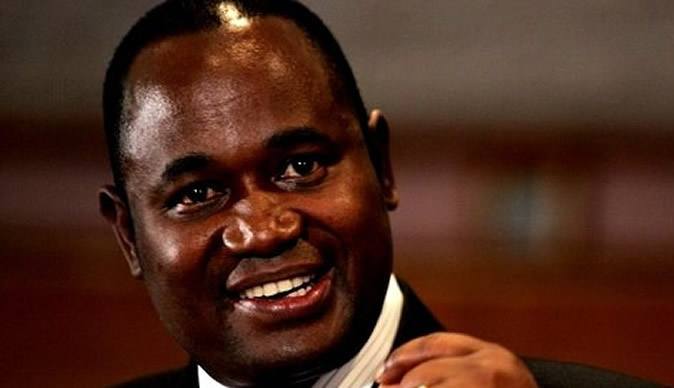
Zimbabwe’s economy is, once again, at a virtual standstill owing to a debilitating cash crisis that can only be rivalled by the 2008 liquidity disaster that forced the country to abandon its own currency.
Comment: The Standard Editor
Desperate customers are now spending nights in queues trying to get their money from banks and the mobile money business that has been on the rise in recent years has been paralysed.
The Reserve Bank of Zimbabwe (RBZ) blames the cash shortages on the alleged widespread externalisation of the United States dollar, the anchor of the country’s multi-currency system that was adopted in 2009.
The poor performance of the country’s exports against a rising import bill has also been cited as one of the reasons cash has become a rare commodity in Zimbabwe.
To address the shortages, the RBZ has announced that in the next few days it would be unveiling bond notes, described as a surrogate currency pegged to the US dollar.
Central bank governor John Mangudya announced the proposed introduction of the bond notes as early as May, but it is expected that the $2 and $5 notes would only be released into the market mid next month.
Despite their desperation, Zimbabweans have been clear that they do not support the introduction of the new currency.
- Chamisa under fire over US$120K donation
- Mavhunga puts DeMbare into Chibuku quarterfinals
- Pension funds bet on Cabora Bassa oilfields
- Councils defy govt fire tender directive
Keep Reading
For many, the scars of 2009 are still fresh after their lifetime investments were wiped out because of reckless behaviour by the RBZ whose quasi-fiscal activities pushed inflation to record levels.
Zimbabweans completely lost trust in the RBZ to control monetary instruments that include the printing of cash.
Former central bank governor Gideon Gono was always quick to turn to the printing press to fund dubious government programmes and this quickened inflation to over 500 billion percent – a world record.
The only solution to the malaise was the introduction of the multi-currency system, whose downside was that all Zimdollar denominated investments and pensions were erased overnight.
Mangudya failed to convince the battered depositors that the introduction of bond notes would not lead to the same recklessness that happened during the Gono era.
Depositors have elected to simply empty their bank accounts and stop putting their money on the mobile money transfer system until there is clarity on the issue of the surrogate currency.
Therefore, the cash crisis will deepen as the date for the introduction of the controversial bond notes gets closer.
Mangudya and his team do not seem to comprehend this simple logic and they have chosen to bury their heads in the sand like ostriches.
The governor has refused to listen to sound criticism on the central bank’s approach to solving the cash crisis and accuses those sceptical of bond notes, especially the media, of doing a hatchet job for the country’s enemies.
However, very soon Mangudya will wake up to the fact that his intervention was not well thought out. Cash shortages would persist as long as citizens do not have confidence in the monetary authorities.
There are some, including Cabinet ministers, such as Walter Mzembi that have been urging the RBZ to abandon the bond notes and instead promote the use of the South African rand.
The advice has clearly fallen on deaf ears. Vice-President Emmerson Mnangagwa recently confirmed that the government was eager to get a monetary instrument it can control and this explains RBZ’s determination to go against the grain.
Mangudya and his team need to go back to the drawing board and devise better ways of tackling the cash crisis, or Zimbabwe will grind to halt in the coming few months.











